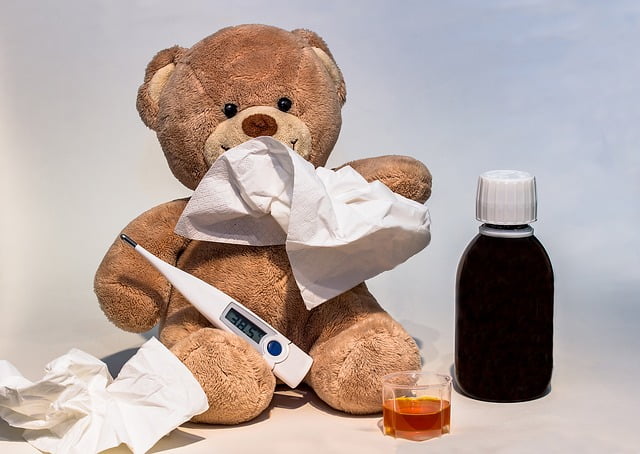According to research, more than 2.8 million antibiotic-resistant infections occur in America each year.
You may not know it, but you could be suffering from a bacterial infection and not even realize it.
Most people only go to the doctor when they’re feeling sick, but by that time the infection has often taken hold and become much harder to treat.
Symptoms of bacterial infection can vary depending on where in the body the infection takes hold, but don’t worry. Keep reading for five common symptoms that you should watch out for.
1. Fever
One of the most common symptoms of a bacterial infection is a high fever. This is because your body is working hard to fight off the infection and raise its internal temperature to kill the bacteria. If you have a fever that lasts for more than a few days or that is accompanied by other symptoms, it’s best to see a doctor.
2. Chills
Chills are another common symptom of a bacterial infection. You may feel cold and shivery, even if the room you’re in is warm. This is caused by your body’s internal temperature fluctuations as it tries to fight off the infection. Commonly, fevers and chills are accompanied by a sore throat or common cold.
3. Fatigue
One of the most common symptoms of a bacterial infection is feeling tired and run down. This is because your body is using a lot of energy to fight the infection. When you’re fighting an infection, your body has to work harder to keep up with the demand for oxygen and nutrients. As a result, you may feel tired, run-down, and have shortness of breath.
4. Muscle Aches
Along with fever and fatigue, muscle aches are a common symptom of a bacterial infection. This is because the infection can cause inflammation in your muscles. When you have an infection, your body’s immune system works overtime to fight it off. This can lead to inflammation, which can cause pain and tenderness in your muscles.
5. Loss of Appetite
It’s common for people to lose their appetite when they’re sick. This is because illness often causes nausea and vomiting, which can make it difficult to eat. Loss of appetite can also be a symptom of a bacterial infection. This is because the infection can cause inflammation in the digestive tract, making it difficult to digest food.
If you’re experiencing a loss of appetite, it’s important to see a doctor so that they can determine the cause and provide treatment like Z-Pak. You can get a Z-Pak discount here. However, in most cases, loss of appetite is not a serious condition, but it can lead to weight loss and malnutrition if left untreated.
Are You Suffering From These Symptoms of Bacterial Infection?
Although these symptoms of bacterial infection are typically easy to treat, it’s important to know the signs and symptoms so you can get started on the right path to healing. Check out our blog for more information on identifying and treating different types of bacterial infections.
And as always, if you think you may be suffering from a bacterial infection, please consult with your doctor.




